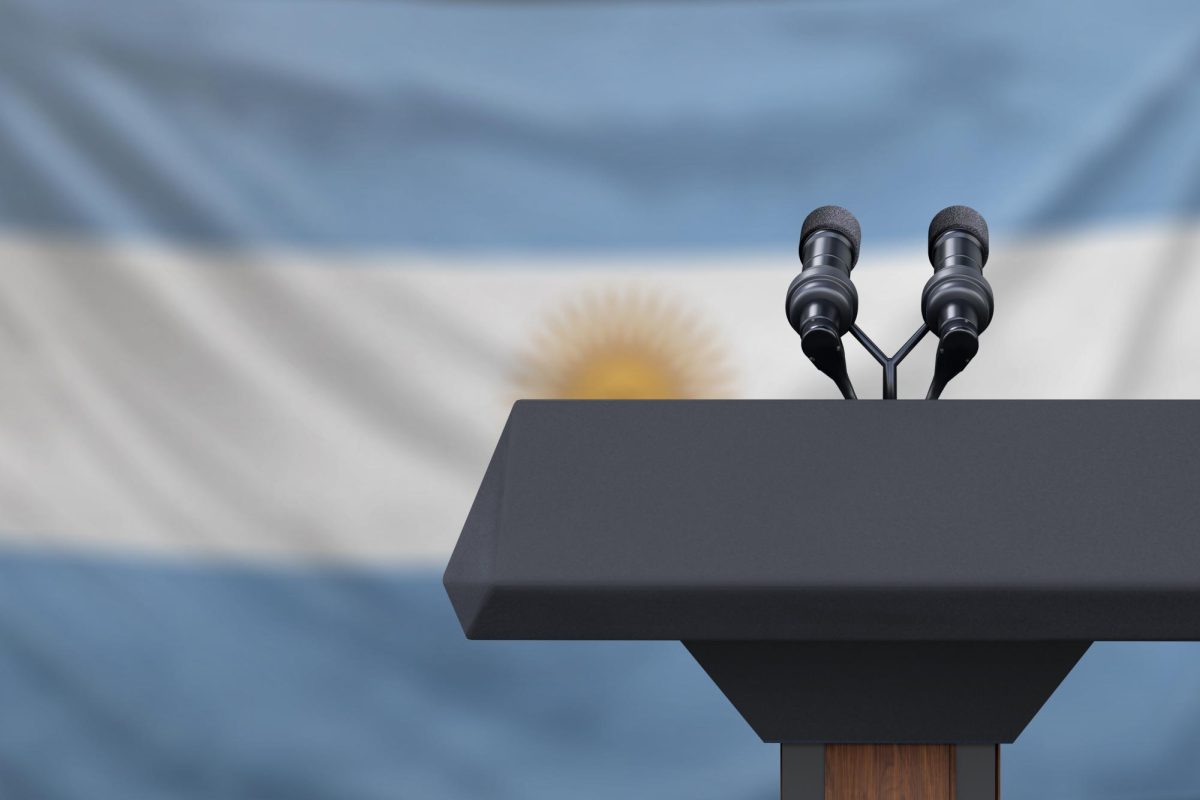In the midst of Argentina’s most severe financial crisis in two decades, the nation stands at a crossroads, with its electorate set to decide the future path of the country in an upcoming runoff vote. With over 75% turnout, and more than 25 million Argentinians casting their votes, the first round of voting has laid bare a deep-seated disillusionment with the country’s political and economic elite. However, the choice for many has been narrowed down to two starkly different visions: the pragmatic left-wing agenda of Sergio Massa, the incumbent Economic Minister, and the radical proposals of the far-right libertarian, Javier Milei.
According to Argentina’s National Electoral Chamber, Massa, the current Economic Minister, led the polls with 36.33% of the vote, translating to 8,877,325 votes. Milei trailed behind at 30.18%, receiving 7,373,876 votes. The third-placed candidate, Patricia Bullrich, despite a commendable showing at 23.82%, conceded defeat.
The overwhelming turnout underscores the critical juncture at which Argentina finds itself. With inflation soaring to a staggering 138%, everyday Argentinians like Laura Celiz lament the spiraling cost of living, a sentiment echoed by many as they continually “race against the clock” to make ends meet.
Massa, who has been at the heart of the current government’s efforts to manage the crisis, has positioned himself as a pragmatic voice of the left. Tasked with navigating the challenges of inflation control, managing Argentina’s primary export of soybeans, and tending to the nation’s relationship with the International Monetary Fund, his credentials are well-established. In his campaign, he has carefully distanced himself from Argentina’s high-profile vice-president, Cristina Fernandez de Kirchner, seeking to cultivate an independent profile without alienating her significant support base.
In stark contrast, Milei represents a disruptive force in Argentine politics. A self-styled “anarcho-capitalist”, he has no qualms about brandishing a chainsaw at political rallies or launching tirades against figures ranging from Argentina’s political elite to Pope Francis. His radical agenda, which includes proposals like dollarizing Argentina’s economy and eliminating key governmental departments, has not only raised eyebrows but has also found traction among a significant portion of the electorate. His appeal seems rooted in a combination of his outsider status, which resonates with those disillusioned with the status quo, and his promise of a dramatic overhaul of Argentina’s economic structures.
The surprise package of the first round, Patricia Bullrich, the former security minister, showcased her intent to rejuvenate her image, reaching out to younger voters through platforms like YouTube and emphasizing her ties with famous relatives, such as singer Fabiana Cantilo.
The stakes in this runoff couldn’t be higher. Not only does it determine Argentina’s immediate economic future, but it also speaks to the broader ideological battles playing out across the globe. With populist movements, both left-wing and right-wing, gaining traction worldwide, Argentina’s election serves as yet another litmus test of where the global political equilibrium might be shifting.
Yet, regardless of the political turbulence, there remains a core of optimism about Argentina’s democratic resilience. Alberto Fernández, the current president, celebrated the nation’s democracy after casting his vote and encouraged all Argentinians to actively participate in the electoral process, shaping their nation’s future.
The question now is which vision will ultimately resonate more with the Argentine populace: Massa’s promise of steady, experienced governance, or Milei’s radical vision of sweeping change. As the country prepares for the runoff, its decision will not only shape its immediate future but potentially send ripples across the Latin American political landscape.
Whichever way the pendulum swings, Argentina’s next president, come December, will be tasked with steering the nation through uncharted waters, with the hopes and aspirations of millions resting on their shoulders. Their term over the next four years promises to be transformative, for better or worse.



